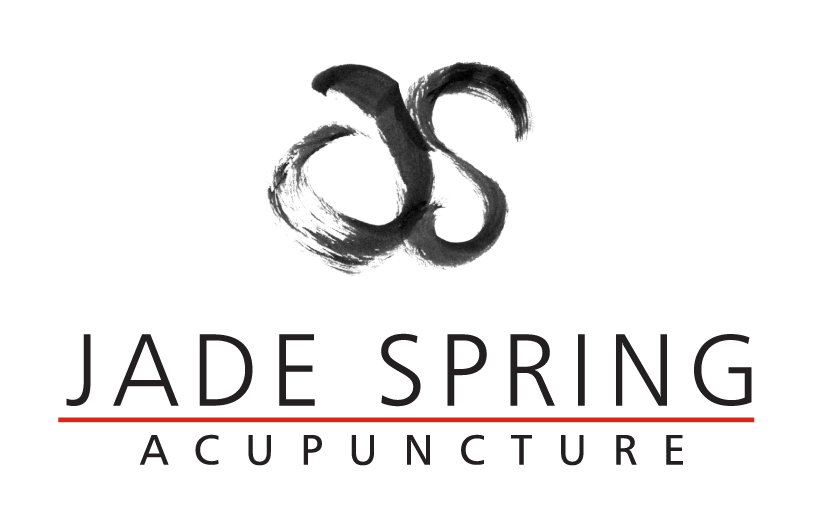Thinking like a good sleeper + acupressure to help you sleep
I recently completed some advanced training on treating insomnia and have been so pleased with the accelerated progress my patients have experienced with the new point protocols. These treatments are essential in addressing the physical imbalances that contribute to the problem, but there is also an important mental component that many insomniacs struggle with. Today I want to share some techniques that can help settle the mind to make sleep easier.
I came across these ideas in a series of guided meditations available through the Calm App, (which I highly recommend for anyone wanting to start or deepen a mindfulness practice). The app includes a whole series of guided meditations to support healthy sleep and I will share some of the techniques in this and my next post.
Sleep hygiene
We probably all know about the usual recommendations for sleep hygiene:
Avoid screen time at least an hour before bed
Use white noise machines to block distracting sounds
Avoid caffeine or alcohol several hours before going to bed
Expose yourself to light within an hour of waking
Reserve your bedroom for sex and sleep
But do you know how to think like a good sleeper?
Do you have tools to help you navigate the monkey-mind that is keeping you awake?
Thinking like a good sleeper
How you think about sleep, can significantly alter the experience (especially if the problem is not linked to a medical condition or external disruptions to your sleep). If you believe that your sleep problems are impacting your enjoyment of life, continuing to tell yourself that, will make it so. Many insomniacs are stuck with stress-inducing thoughts about sleep, like “I just know I’m not going to be able to sleep”, or “now I’ll be tired tomorrow and unproductive”.
These thoughts are a big part of what keeps us up at night. Learn to reframe to less stressful thoughts, such as:
“It’s no big deal if I don’t fall asleep, I’ll just enjoy this rest.”
“I know my mind is active, so I’ll leave the room and read a little bit.”
“It’s ok if I don’t get eight hours of sleep.”
“It’s ok if it takes me a little while to get to sleep.”
Being tired during the day may present challenges but if you can relax about it, you’ll be less anxious about falling asleep the next night. The more pressure you place on yourself, the harder it gets to fall asleep.
Try to not make falling asleep the goal; the goal is letting go and relaxing into the present moment, trusting that even if sleep doesn’t come immediately, that it will come eventually. That way your anxiety doesn’t continue to grow. And, if your mind is active for more than 30 minutes, get out of bed and go to another room to read or meditate until the mental activity has subsided.
Be patient, use acupressure and get some help
It takes some work to change our thoughts about sleep. Making efforts to think like a good sleeper is an important step to take and will help you along the way. Don’t feel disheartened if it takes a little while before you see changes in your sleep and remember you can accelerate the process by receiving acupuncture.
Additionally, start using the acupressure points pictured above and below every night when you settle in for sleep. Apply pressure or massage the points in a circular way for a few minutes each. You can cycle through these points and return to each one a few times. And if you need help with locating them, feel free to reach out to me. We can set up a quick Zoom instruction time or I'll show you during your next appointment.
Acupressure points for sleep (see above and below):




